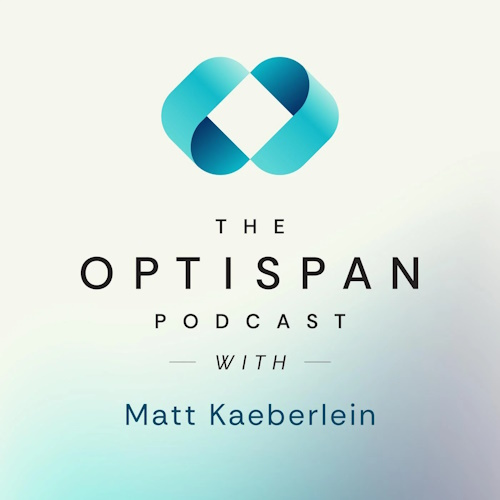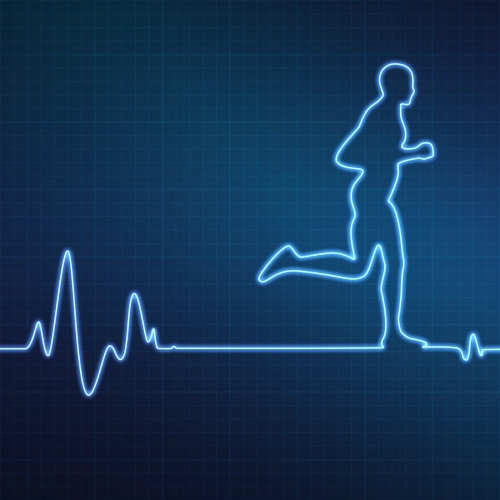Elite Performance: How Pro Athletes Use HRV to Train Smarter (Not Harder)
Optispan podcast episode - Joel Jamieson on heart rate variability’s impact on health and performance
In this episode of Optispan, fitness coach Joel Jamieson explains the science of heart rate variability (HRV) and why it’s becoming a key tool not just for elite athletes but also for anyone interested in improving health, recovery, and longevity.
Key Points:
Heart rate variability isn’t just for athletes—it’s a powerful marker of stress, recovery, and health that can help anyone train and live smarter. Joel Jamieson explains how HRV helps athletes and individuals balance training, recovery, and longevity. The episode shows why HRV is emerging as a vital tool for performance and lifelong health.
- What HRV Measures: HRV tracks small variations in time between heartbeats, offering a window into nervous system balance and overall resilience.
- Athletic Edge: Pro athletes use HRV data to fine-tune training intensity, preventing overtraining while maximizing performance gains.
- Recovery Insights: HRV helps reveal when the body is stressed or fatigued, guiding smarter recovery strategies such as rest, sleep, or light exercise.
- Longevity Connection: Higher HRV is linked with better adaptability, lower risk of chronic disease, and healthier aging.
- Stress Management: HRV monitoring highlights the impact of mental stress, showing how lifestyle factors—from poor sleep to anxiety—affect physical performance.
- Personalization: Instead of one-size-fits-all training plans, HRV allows for individualized routines tailored to daily readiness.
- Technology’s Role: Wearables and apps make HRV tracking accessible, empowering everyday people to apply tools once reserved for elite sports science.
- Beyond Sports: HRV is now recognized as a marker of overall health, bridging performance optimization with long-term wellness.
Visit website: https://www.youtube.com/watch?v=kwE4r9aoZqQ
See alsoDetails last updated 11-Sep-2025




